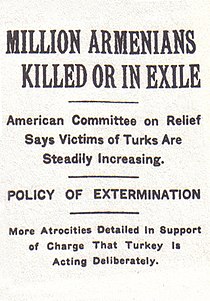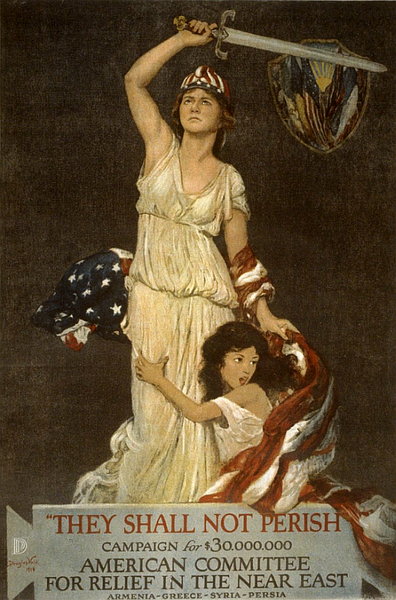What would happen if you became sick?
You go to the doctor or maybe a walk in clinic…
But what if you had no health insurance, so no doctor could tell you what you had. And the disease that you believe you have is infectious, what about your family? Your neighbors? What would you do? Religious dictates are set for those with such a disease, you must live apart from the community so no one else is infected. You become an outcast…
It is in that hell, that place of living and yet being separate that many people who were believed to have leprosy, lived in. And we are not talking about just ancient times, the last leper colony in the US closed in 1969! The place is called Molokai, it is in the Hawaiian Islands and for over 100 years, was the place that lepers were sent too if there was any question of what they might have.
Leprosy as we know it, Hansen’s disease as it is called today, is not the same as the leprosy described in the bible, the Hebrew word covered lots of different skin diseases or illnesses. But the truth whether then or now is that once diagnosed with any such skin disease, you became a leper and you were to join a colony to live apart from society until you were cured, if ever.
It’s the back drop for today’s Gospel reading. As Jesus entered a village, ten lepers approached him. Keeping their distance, they called out, saying, "Jesus, Master, have mercy on us!" They kept a distance because they had to, no one was to touch them, they lived apart. Many saw them as cursed by God rather than infected with a particular disease.
But Jesus looked upon them with the eyes of mercy. When Jesus saw them, he said to them, "Go and show yourselves to the priests." To be declared clean or healthy, a leper was to show him or herself to a priest who would then make the judgment. So by sending them, Jesus healed them.
And as they went, they were made clean. Then one of them, when he saw that he was healed, turned back, praising God with a loud voice. And Jesus would declare, Were not ten made clean? But the other nine, where are they? Jesus knew they were healed, but what happened to them? Were they faithful? It makes you wonder.
The author Martin Bell, in one of my favorite books, wrote about them in a story entitled, Where are the Nine?...
(excerpt from "Where Are the Nine?")One of them was frightened – that's all. He didn't understand what had happened, and it frightened him. So he looked for some place to hide. Jesus scared him.
A second was offended because he had not been required to do something difficult before he could be healed. It was all too easy. He had expected months, maybe even years, of prayer and fasting and washing and righteous living before he could be healed. But he had done none of this. His motto was "you get what you pay for." Jesus made it too easy.
The third had realized too late that he had not really wanted to be cleansed. He did not know what to do or how to live without his leprosy. He did not even know who he was as a person without his leprosy. Jesus had taken away his identity.
The fourth leper did not return to give thanks because in his great joy he simply forgot. He forgot. That's all. He was so happy that he forgot.
The fifth leper was unable to say thank you any more to anyone. His life of leprosy and begging had turned his heart hard and callous. He just doesn't didn't say thank you to anyone any more.
The sixth leper was a woman – a mother who had been separated from her family for eleven years because of the leprosy. She was hurrying to the priests so she could to rejoin her husband and children. She did not return to give thanks because she was on her way home.
The seventh had doubts that Jesus had anything to do with the cleansing. He knew that healing had taken place, but why and how were his questions. Certainly he did not believe in hocus-pocus, magic, miracles – any of that. There was a perfectly reasonable and rational explanation of what had happened, and he wondered if it had anything to do with Jesus.
The eight leper did not return precisely because he did believe that Jesus had healed him – that the Kingdom of God was here and the Messiah had arrived. He didn't return because he was spreading the exciting, wonderful news about the Kingdom.
As for the ninth leper, we don't know, we just don't know, why he didn't return to say thank you.
Ten were cleansed and only one returned ... What shall I say now, that the real point is not that one returned but that ten were cleansed? You already know that. That condemnation is easier than investigation, that if we take time to investigate the reasons why people act as they do, we would find that they have to act the way they do and that such action in the light of the circumstances is quite understandable and totally forgivable and even completely reasonable and just as it should be? You already know that. What then shall I say? That it is good to give thanks? Yes. That it is understandable not to give thanks? Yes. That God does not heal people and then stand around just waiting for us to say thank you and then get angry and have his feelings hurt if we don’t? Yes, that’s true. Which is the same as saying: no, he certainly doesn’t.
But what of the nine? They are on the way home, hiding in fear, refusing to believe, offended at what they call cheap grace, so happy they forgot, lost without their leprosy, unable to say thank you ever again, publishing the news of the Kingdom. Who knows where they are! The point is this: Jesus does. He knows where they are.
[from The Way of the Wolf: The Gospel in New Images, by Martin Bell, published in 1970, you can find the book here: www.barringtonbunny.com]Martin Bell has it right. God knows our hearts, our desires, our secrets and will seek to do us good even when we don’t deserve it or ask for it. God loves us and wants us to have our faith make us well and whole. We do have a choice in how we live and God knows where we are.
But Jesus notices the one who has faith and applauds the person. Was none of them found to return and give praise to God except this foreigner?" Then Jesus said to him, "Get up and go on your way; your faith has made you well." The faithful one who returns to Jesus to praise God and give thanks for the healing, is a Samaritan, someone outside the Jewish faith, someone whom the disciples of Jesus or those who heard this Gospel in the 1st century would have been shocked to hear praised. And we are reminded of the parable of the Good Samaritan that those who do good or are faithful are not always Israelites.
We are to follow the good examples of Ruth the Moabite from the first reading and the Samaritan, who were faithful foreigners who have shown us what it means to live in faith and trust and thankfulness. And out of that faith, trust and thankfulness to follow Jesus’ example in healing those in need.
To bind up the wounds of victims, to care and visit the sick, to help those who have no insurance get it, to advocate for the children and the poor who do not have a voice for healing and wholeness. We are the Body of Christ to bring healing to those in need. Or to put it in the words of St. Theresa of Avila whose feast day is tomorrow:
“Christ has no body now, but yours. No hands, no feet on earth, but yours. Yours are the eyes through which Christ looks compassion into the world. Yours are the feet with which Christ walks to do good. Yours are the hands with which Christ blesses the world.” Amen.








